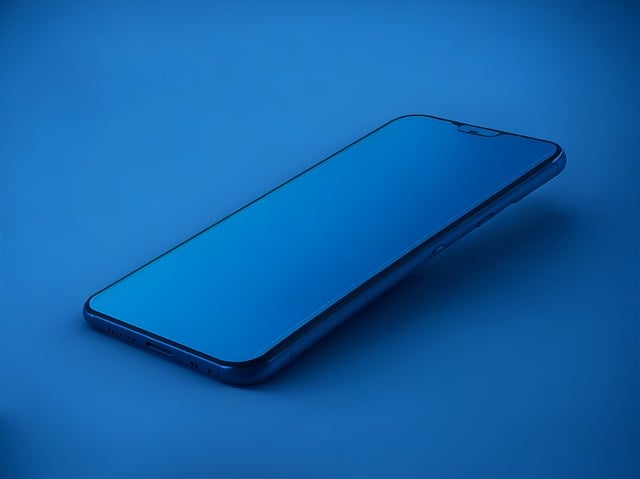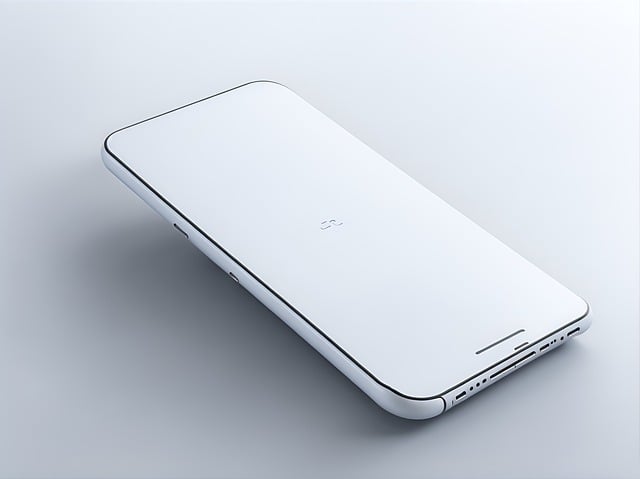As technology continues to advance, artificial intelligence (AI) has become increasingly prevalent in various aspects of our lives, including our smartphones. From virtual assistants to personalized recommendations, AI is revolutionizing the way we interact with our mobile devices. In this article, we will explore the evolution of AI in smartphones, how AI is reshaping smartphone technology, the benefits of AI integration in smartphones, and future trends in AI-powered smartphones. Join us as we delve into the incredible advancements that AI has brought to the world of mobile technology.
- 1. The Evolution of AI in Smartphones
- 2. How AI is Revolutionizing Smartphone Technology
- 3. The Benefits of AI Integration in Smartphones
- 4. Future Trends in AI-Powered Smartphones
1. The Evolution of AI in Smartphones

In recent years, artificial intelligence (AI) has become an essential component in smartphones, revolutionizing the way we interact with our devices. The evolution of AI in smartphones has been a gradual process, starting with basic functionalities such as voice recognition and virtual assistants.
As technology has advanced, so has AI in smartphones. Today, AI algorithms are being used to enhance the overall user experience, from improving battery life and device performance to enabling more personalized interactions. Machine learning algorithms now allow smartphones to predict user behavior, suggest relevant content, and even adapt settings based on individual preferences.
Furthermore, AI-powered features like facial recognition, natural language processing, and image recognition have become standard in modern smartphones. These advancements have not only made our devices more intuitive and user-friendly but have also paved the way for new possibilities in areas such as health monitoring, augmented reality, and virtual assistants.
Overall, the evolution of AI in smartphones has transformed these devices into powerful tools that can learn, adapt, and anticipate our needs. As technology continues to advance, we can expect even more exciting developments in AI that will further enhance the capabilities and functionalities of smartphones in the future.
2. How AI is Revolutionizing Smartphone Technology

AI is revolutionizing smartphone technology in numerous ways. One of the most significant advancements is the integration of AI-powered virtual assistants, such as Siri, Google Assistant, and Bixby. These virtual assistants can help users with a variety of tasks, from setting reminders and sending messages to answering questions and providing recommendations based on user preferences.
Additionally, AI is being used to enhance the camera capabilities of smartphones. Through AI-powered software, smartphones can now automatically adjust settings like exposure, focus, and color balance to capture the perfect shot. AI algorithms can also help with image recognition, allowing users to easily search for photos based on objects or faces.
Another way AI is transforming smartphone technology is through personalized user experiences. By analyzing user behavior and preferences, AI can provide customized recommendations for apps, content, and services. This not only enhances user satisfaction but also improves overall user engagement with the device.
Furthermore, AI is improving smartphone security through biometric authentication methods like facial recognition and fingerprint scanning. These technologies use AI algorithms to verify user identities quickly and accurately, making smartphone usage more secure and convenient.
Overall, AI is playing a crucial role in shaping the future of smartphone technology by making devices smarter, more intuitive, and more personalized to meet the evolving needs and expectations of users.
3. The Benefits of AI Integration in Smartphones

AI integration in smartphones offers a wide range of benefits to users. One of the main advantages is the ability to personalize the user experience. AI algorithms can analyze user behavior and preferences to tailor the smartphone experience to individual needs. This can include suggesting personalized content, predicting user actions, and even optimizing device settings based on usage patterns.
Another benefit of AI integration in smartphones is improved camera performance. AI-powered image recognition and processing algorithms can enhance image quality, optimize camera settings, and even assist with editing and photo organization. This results in better photo and video quality without requiring extensive knowledge or manual adjustments from the user.
Furthermore, AI integration in smartphones can also improve overall device performance and efficiency. AI algorithms can help optimize battery usage, enhance system security, and streamline device functions. This can result in longer battery life, faster processing speeds, and a smoother user experience overall.
Overall, the benefits of AI integration in smartphones are vast and can greatly enhance the user experience by providing personalized, efficient, and high-quality features and services.
4. Future Trends in AI-Powered Smartphones

In the future, AI-powered smartphones are expected to become even more integrated into our daily lives. One major trend is the development of more advanced virtual assistants, such as Apple’s Siri, Google Assistant, and Amazon’s Alexa. These virtual assistants will be able to understand and respond to natural language more effectively, making them even more helpful in assisting with tasks and providing information.
Another trend is the increased use of AI in camera technology. AI-powered smartphones will be able to automatically adjust settings such as exposure, focus, and white balance to capture the perfect shot every time. Additionally, AI will enable smartphones to recognize objects and scenes in real-time, allowing for features like augmented reality and improved image recognition.
AI-powered smartphones will also play a greater role in personalizing the user experience. By analyzing data from a user’s behavior and preferences, smartphones will be able to anticipate their needs and provide suggestions tailored to their individual preferences. This will not only enhance user convenience but also improve overall smartphone usability.
Overall, the future of AI-powered smartphones looks promising, with advancements in virtual assistants, camera technology, and personalized user experiences. These trends will continue to shape the way we interact with our smartphones and integrate AI into our daily lives.


























